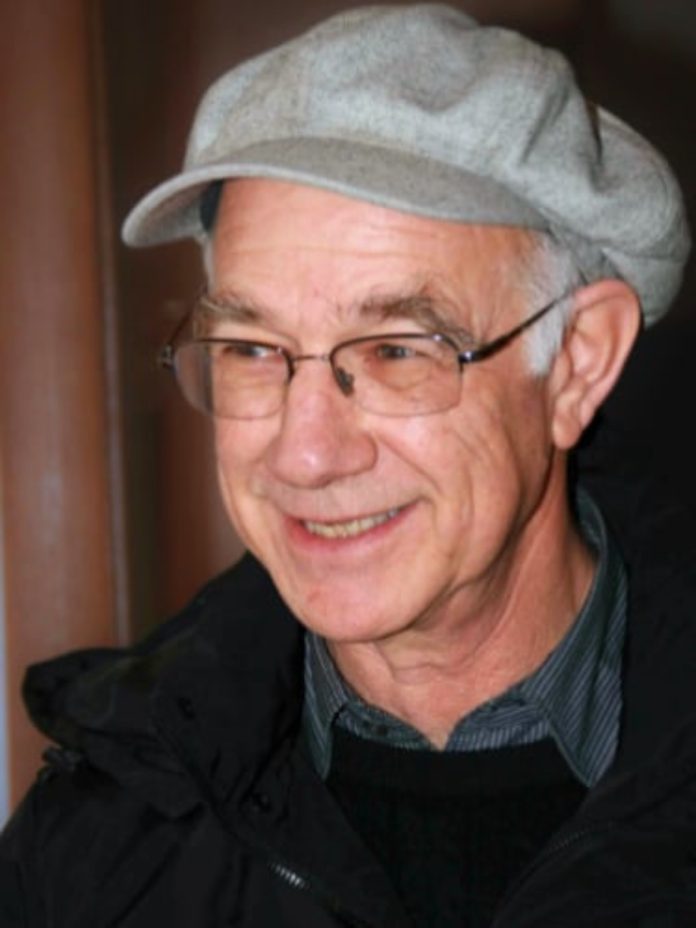Michael Burawoy (15 June 1947 – 3 February 2025): A Life in Sociology
Michael Burawoy, one of the most influential sociologists of his generation, was killed in a fail-to-stop incident on 3 February 2025 at the age of 77. A towering figure in Marxist sociology and a passionate advocate for public sociology, Burawoy reshaped the discipline through his empirical studies of labour, his theoretical advancements, and his relentless commitment to bridging the gap between academia and broader society.
Born in Britain to parents of Russian and Ukrainian descent, Burawoy was raised in an intellectually stimulating environment. His parents, both chemists, had emigrated to the United Kingdom in 1933, and their background in science and education undoubtedly influenced his own rigorous approach to research. He attended the prestigious Manchester Grammar School before moving on to Christ’s College, Cambridge, where he studied mathematics. However, his interests soon shifted towards social sciences, and he pursued postgraduate studies in sociology at the University of Zambia, a formative experience that ignited his passion for ethnographic research.
Burawoy’s academic journey took him to the University of Chicago, where he earned his PhD in 1976 under the mentorship of William Julius Wilson. His dissertation laid the groundwork for what would become one of his most celebrated works, Manufacturing Consent: Changes in the Labor Process Under Monopoly Capitalism (1979). This ethnographic study of industrial workplaces offered a nuanced analysis of how workers actively participated in their own subordination, a concept that profoundly influenced the sociology of labour and workplace dynamics.
In 1976, Burawoy joined the faculty at the University of California, Berkeley, where he would spend nearly five decades shaping the discipline. Over the course of his tenure, he served twice as Chair of the Sociology Department and played a pivotal role in mentoring generations of scholars. His work extended beyond the walls of academia; he was deeply committed to what he termed public sociology, an approach that called for sociologists to engage with broader audiences, policymakers, and social movements to effect meaningful change.
His research extended beyond the United States to include fieldwork in Hungary and post-Soviet Russia, examining the transformations of socialist and post-socialist societies. His book The Politics of Production (1985) provided a comparative analysis of labour processes under different political and economic systems, further cementing his reputation as a leading figure in Marxist sociology. Later works, such as The Extended Case Method (2009), reflected his methodological innovations and commitment to deeply engaged, reflexive ethnography.
Burawoy held leadership positions in numerous academic organisations, serving as President of the American Sociological Association (2003–2004) and the International Sociological Association (2010–2014). In these roles, he championed the cause of public sociology, urging scholars to use their research to challenge social injustices and contribute to public debates. His work inspired a new generation of sociologists who continue to build upon his vision of a discipline that does not merely interpret the world but actively seeks to change it.
On 3 February 2025, Burawoy was tragically struck by a vehicle near his home in Oakland, California. His sudden passing sent shockwaves through the sociological community, with tributes pouring in from colleagues, students, and activists who had been touched by his work and mentorship. His legacy is not only in his extensive body of written work—spanning 12 books and over 120 articles and essays—but also in the countless scholars he influenced and the enduring impact of his vision for sociology.
Michael Burawoy’s intellectual contributions will continue to shape the field for decades to come. He leaves behind a discipline profoundly transformed by his insights, a generation of students inspired by his teaching, and a world that, thanks to his work, better understands the structures of power, labour, and resistance. His passing marks the end of an era, but his ideas will undoubtedly endure.







